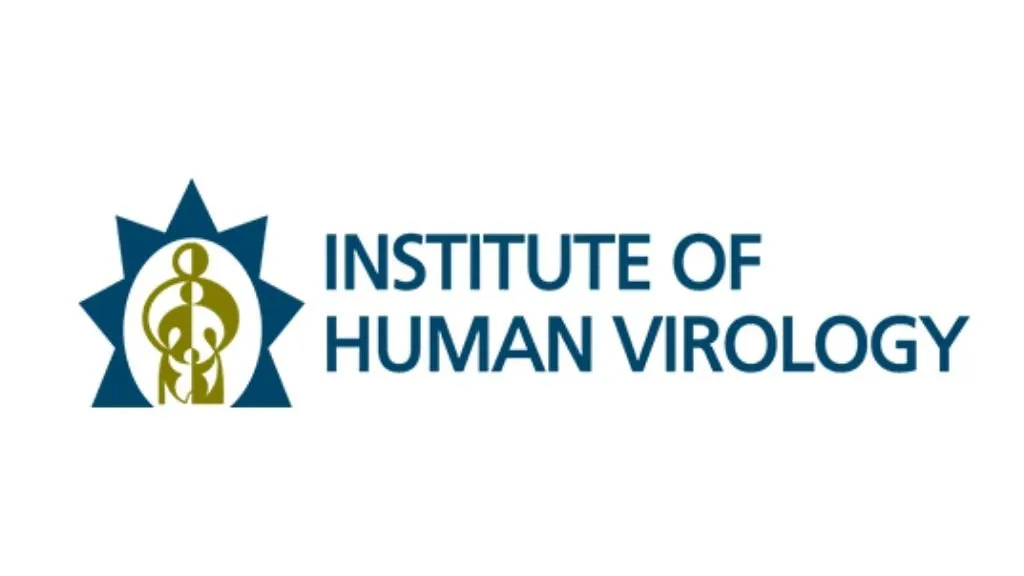By Muhammad Amaan
The Institute of Human Virology Nigeria (IHVN) has urged People Living with HIV to adhere to their prescribed medications to maintain their health and combat AIDS in the country.
IHVN’s Chief Executive Officer, Dr Patrick Dakum, made this call in a press statement made available to our correspondent on Tuesday.
Nigeria remains one of the countries most affected by HIV/AIDS globally, with over two million people currently living with the virus across Nigeria.
Over the years, significant progress has been made in expanding access to free HIV testing and treatment through government programmes and international support.
According to the National Agency for the Control of AIDS, no fewer than 1,753,425 people living with HIV know their HIV status. This includes 1,693,457 adults – 579,209 males and 1,114,401 females; and 54,983 children aged 0-14.
It also stated that access to treatment has expanded significantly, with 1,735,808 PLHIV currently on antiretroviral therapy.
Dr Dakum said HIV services, including testing, treatment, laboratory diagnosis, and prevention of mother-to-child transmission of HIV for pregnant women, are available for free in several public and private health facilities nationwide.
He emphasized the importance of medication adherence, noting that free HIV services are available in over 380 health facilities supported by IHVN across the Federal Capital Territory, Nasarawa, Katsina, and Rivers States.
“These services include free testing; antiretroviral therapy for adults and children; free laboratory services for HIV diagnosis and monitoring; and free prevention of mother-to-child transmission services for pregnant women.
“Currently, over 238,000 individuals receive antiretroviral treatment in IHVN-supported health facilities, and at no time were life-saving services disrupted.
IHVN, supported by the U.S. President’s Emergency Plan for AIDS Relief (PEPFAR) through the U.S. Centres for Disease Control and Prevention, aims to sustain essential HIV services in collaboration with the Nigerian government,” he said.
Dr Dakum further highlighted that comprehensive HIV prevention services are available, including free pre-exposure prophylaxis for HIV-negative pregnant women and breastfeeding mothers, and free post-exposure prophylaxis for exposed clients.
He emphasized the importance of sustainability in health programmes, stating, “IHVN continues to advocate for and support sustainable health initiatives in Nigeria. We have collaborated with the government, funders, and stakeholders to achieve HIV epidemic control in supported states.
“Our goal is to test 95 per cent of people living with HIV, initiate treatment for 95 per cent of those who test positive, and achieve viral suppression through adherence to treatment. By working together, we can ensure a healthier future for Nigerians.”
On expanding HIV services and empowering communities, IHVN’s CEO highlighted the institute’s efforts to prevent mother-to-child transmission of HIV by extending services to communities through partnerships with faith-based organisations and community leaders.
“This initiative includes Group Mothers’ Love Gatherings, which provide medical services and support for pregnant and nursing mothers, and Peer Mentor Mother Programmes that empower women living with HIV to support one another,” he added.
He noted that community programmes have enabled caregivers and vulnerable groups—including children, adolescents, and young adults—to be reached with a comprehensive package of care and community-based interventions to improve adherence, nutrition, and quality of life.
Dakum emphasized the importance of continued progress, stating, “As we navigate global changes in funding, we’re confident that our 20 years of PEPFAR support have built a strong foundation.
“We’ve made significant strides in programme implementation, capacity building for healthcare workers, laboratory infrastructure, public health programme integration, and strengthened healthcare systems.”
According to him, the Federal Government is making progress in owning and supporting HIV programmes, as seen in the inclusion of people living with HIV in health insurance schemes, local production of HIV test kits, and the soon-to-be-introduced HIV preventive injectable, Lenacapavir.
He emphasized the need for continued collaboration among government, people living with HIV, civil society organisations, and the media to sustain progress in promoting country ownership and addressing public health challenges.




